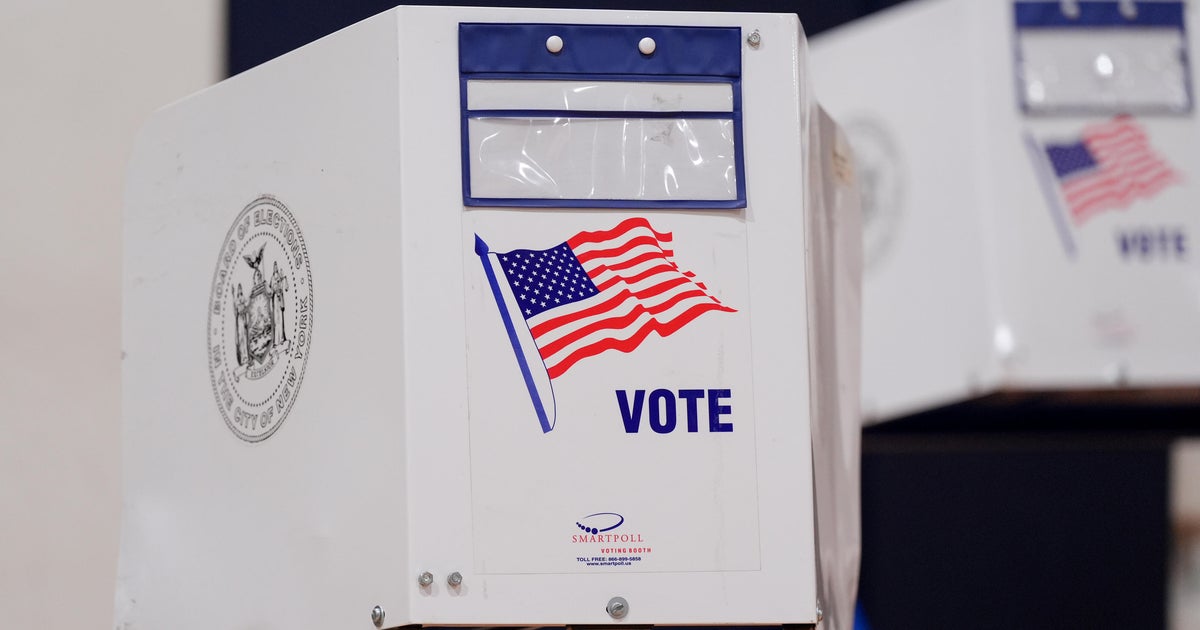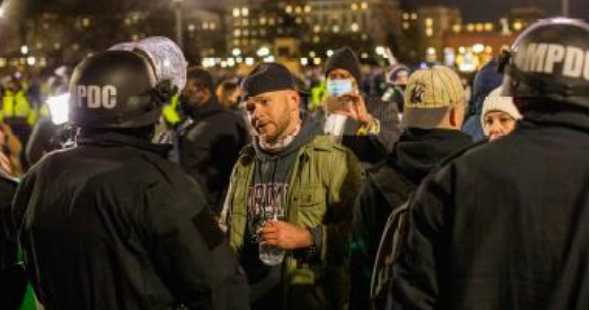Green Party candidates won't be on ballot in Pennsylvania, state's highest court rules
Pennsylvania's highest court ruled on Thursday that the Green Party's presidential candidate can't be on the general election ballot because of a failure to closely follow nomination procedures. It's a decision that could help Democratic nominee Joe Biden in the battleground state that President Trump won in 2016 and it comes just days after a similar decision in another key swing state, Wisconsin.
With a 5-2 Democratic majority, the Pennsylvania Supreme Court overturned a Republican Commonwealth Court judge's ruling that Howie Hawkins could stay on the ballot in the state.
At issue was whether the Green Party properly filed nomination paperwork with the state. The court ruled that Elizabeth Faye Scroggin, the party's Pennsylvania stand-in candidate, did not properly append a candidate affidavit to her nomination papers, as the state election code requires. Instead, Scroggin faxed to the Bureau of Elections a slightly cut-off copy of an affidavit separate from her nomination papers, and notaries didn't see or print it until after the deadline. Because the affidavit was improperly submitted, the party's substitution of Hawkins for Scroggin was also invalid, the Court ruled.
"Was I surprised? No. I knew going in that the affidavit was the key issue," said Lawrence Otter, a Doylestown elections lawyer who represented Hawkins. "When you challenge a nomination paper or petition, you look at everything. If I would have been on the other side, I would have zeroed in on this."
Secretary of the Commonwealth Kathy Boockvar certified the ballot after the court's decision, spokesperson Wanda Murren said. An order from the Court on Monday prevented her from doing so on the same day counties were required to begin processing mail-in ballot applications. Counties across the state had hoped to be mailing ballots by then, but were unable to print them because the official ballot wasn't yet certified. A spokesperson for the secretary of the commonwealth did not immediately respond to request for comment.
"Counties have been doing all they could to prepare as they awaited this ruling," Murren said. "Now, each county will be sending their ballot for printing over the next several days."
Although the Democratic Party wasn't officially connected to this lawsuit, the objectors were represented by Clifford Levine, a Pittsburgh lawyer who is one of the two attorneys in the state frequently used by the party, and this was a positive outcome for Biden's campaign.
The decision also follows Wisconsin's highest court ruling earlier this week that the Green Party won't be on their ballot either. The Wisconsin Supreme Court ruled Monday that Hawkins and Angela Walker will not be on the Wisconsin ballot. The 4-3 decision cleared the way for clerks to begin sending absentee ballots to voters and means more than 2.3 million ballots will not have to be reprinted.
That ruling came just days before clerks are required to send absentee ballots to voters who have already requested them for the general election. Federal law also requires clerks to mail absentee ballots to military and overseas voters at least 45 days before the election, which is September 17 this year.
As of September 14, more than 1 million Wisconsin voters have requested absentee ballots for the general election. That's more than a quarter of the state's registered voters.
Pennsylvania and Wisconsin are both traditionally blue states that went for Mr. Trump in 2016. In both states, Green Party candidate Jill Stein received more votes than the difference between Mr. Trump and Hillary Clinton, meaning if all votes had gone to Clinton, she would have carried the state.
Adam Brewster contributed to this report.





